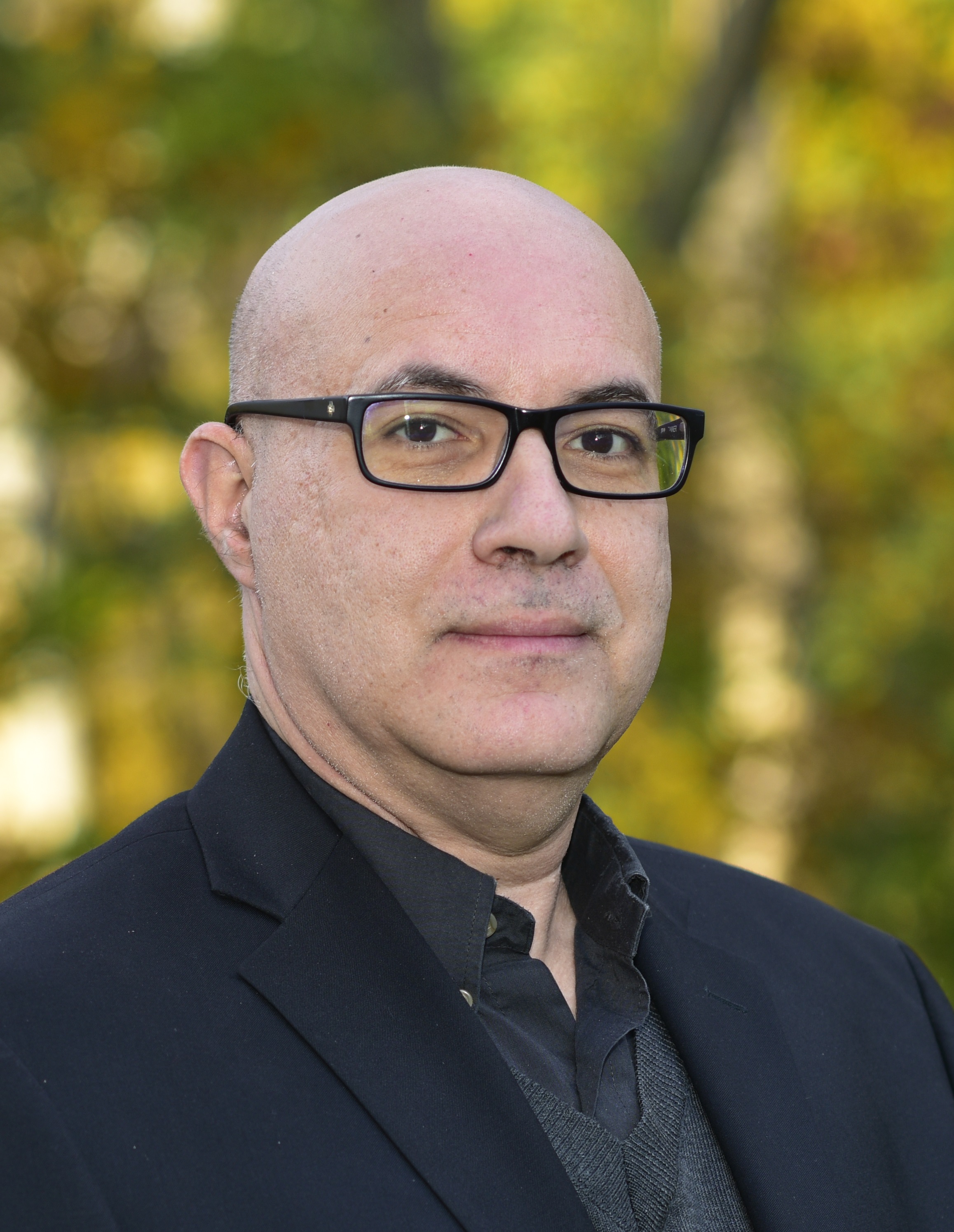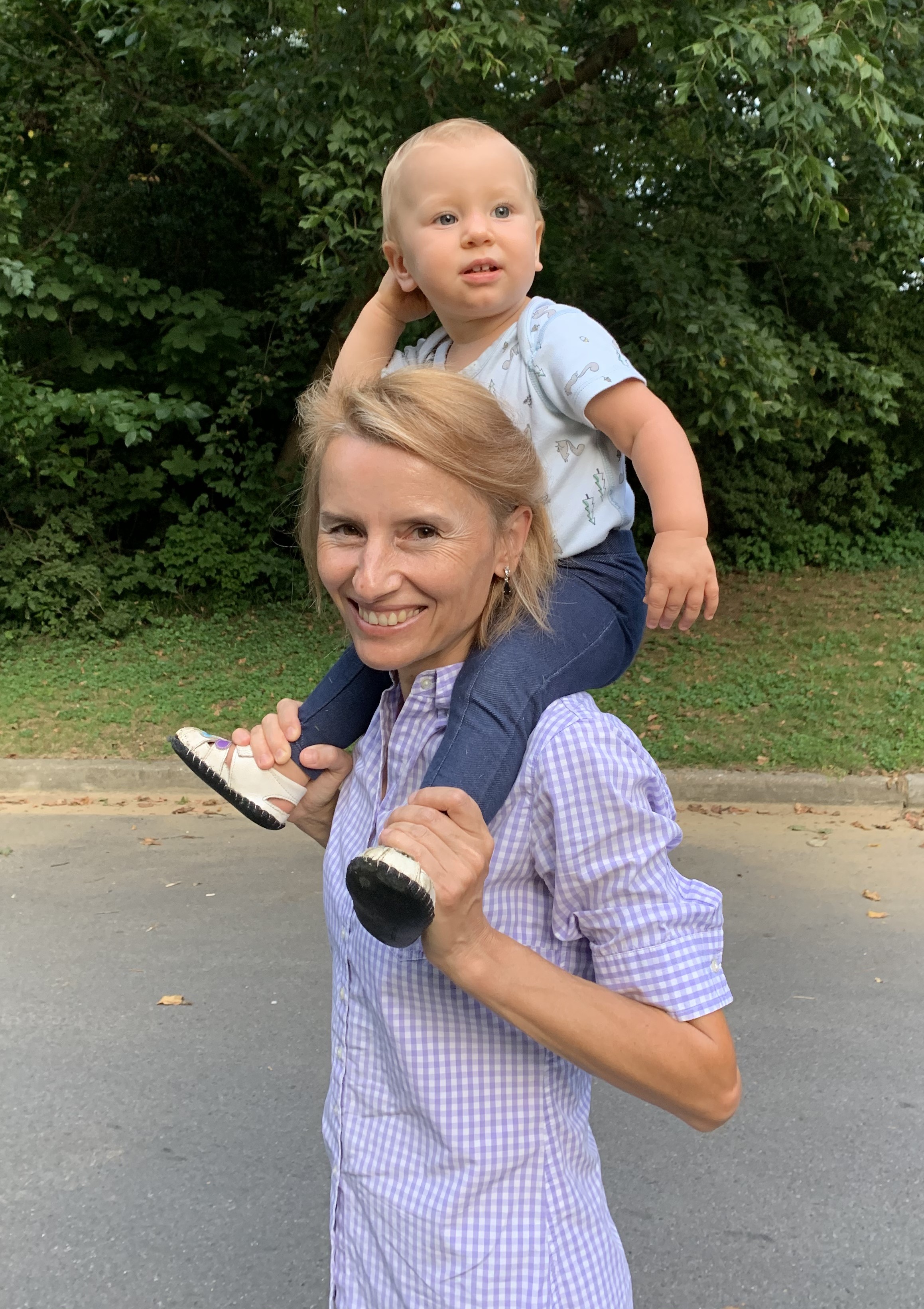|
Dr. Radu BalanProfessor, AMSC Program Director, University of Maryland Department of Mathematics
In summer 2024, the AMSC office was upgraded with new furniture. We welcome everyone, students and faculty alike, to stop by and check out our new offices. For students interested in exploring available research projects, we are planning an AMSC symposium, where faculty affiliated with our program will present their current research and open problems. This will happen on November 20, 2024. Stay tuned! To boost your chances of success after graduation, I recommend that our graduate students seek summer internships outside UMD. Explore opportunities offered by other academic institutions (such as the Internship Network in the Mathematical Sciences, or INMAS), by national labs and centers (such as NIH, FDA, NRL), or by companies. Students interested in statistics-oriented jobs (including those in the AMSC Applied Statistics track) may find useful opportunities maintained by AMSTAT, https://stattrak.amstat.org/. Graduate students are encouraged to present their work at conferences or workshops. The Department of Mathematics contributes up to $800 toward presenting students’ travel expenses. Additionally, the Graduate School provides support for conference registration and travel through two different awards: the Goldhaber, a matching grant, and ICSSA, for international conferences. You can find more information here: https://gradschool.umd.edu/funding/studentfellowships-awards/graduate-school-travel-grants.
|
|
Math Dept Career & Professional Development Series |
|
Who: Small group discussions with faculty or postdocs. Limited to 8 Math Department graduate students per group. When: With Faculty: Thursday, Oct 17, 12-1pm; With Postdocs: Wednesday, Nov 13, 12-1pm; With Faculty: Tuesday, Dec 3, 12-1pm Where: You will receive a confirmation email with the location after RSVPing.
The Oral Communication Center (OCC)
Check them out here.
|
  |
Dr. Khalid Shahnawaz, AMSC '22
Could you briefly describe your current role and responsibilities? How have your career aspirations changed, or remained the same, since your time in the UMD Math Department? What advice would you give to current students to find, secure, and thrive in an industry career? If you could go back, what might you change about your time as a mathematics student and your career path? How can one continue to develop professionally and stay competitive in their field? What do you enjoy most about your current job, and what are your future aspirations?
Courses, Programs, and Opportunities:Doctoral Career Design Course - Register by September 23President's Postdoctoral Fellowship Program - Apply by October 15Postdoc Opportunities Board - Apply by September 15
Access the math jobs listings by clicking the link here. |



 As the newly appointed director of the Applied Mathematics, Applied Statistics, and Scientific Computation (AMSC) program, I am tremendously excited and proud to have this extraordinary opportunity to lead our program. Today, applied mathematics is a cornerstone of STEM education that offers opportunities for both academic and industrial careers. Our faculty and students develop cutting-edge mathematical methodologies to tackle the important challenges of our time, including data science, machine learning, and quantum information systems.
As the newly appointed director of the Applied Mathematics, Applied Statistics, and Scientific Computation (AMSC) program, I am tremendously excited and proud to have this extraordinary opportunity to lead our program. Today, applied mathematics is a cornerstone of STEM education that offers opportunities for both academic and industrial careers. Our faculty and students develop cutting-edge mathematical methodologies to tackle the important challenges of our time, including data science, machine learning, and quantum information systems.



 Join us for a series of small group discussions designed to help Math Department graduate students navigate their career paths, research opportunities, and professional development. Each session will feature faculty or postdocs who will share their experiences and offer advice on careers in academia and beyond. Lunch will be catered by Panera.
Join us for a series of small group discussions designed to help Math Department graduate students navigate their career paths, research opportunities, and professional development. Each session will feature faculty or postdocs who will share their experiences and offer advice on careers in academia and beyond. Lunch will be catered by Panera.

 The OCC is the premier resource for coaching and instruction on the University of Maryland campus. Housed in the Department of Communication, the OCC offers support for undergraduate and graduate students, faculty, and staff who seek to improve their communication skills for success in academic, professional, civic, and social contexts. Clients who book appointments with their trained peer consultants benefit from the peer-to-peer tutoring model. Consultants are expert public speakers with a passion for empowering others as communicators. They are able to help you express yourself cogently and confidently!
The OCC is the premier resource for coaching and instruction on the University of Maryland campus. Housed in the Department of Communication, the OCC offers support for undergraduate and graduate students, faculty, and staff who seek to improve their communication skills for success in academic, professional, civic, and social contexts. Clients who book appointments with their trained peer consultants benefit from the peer-to-peer tutoring model. Consultants are expert public speakers with a passion for empowering others as communicators. They are able to help you express yourself cogently and confidently!


